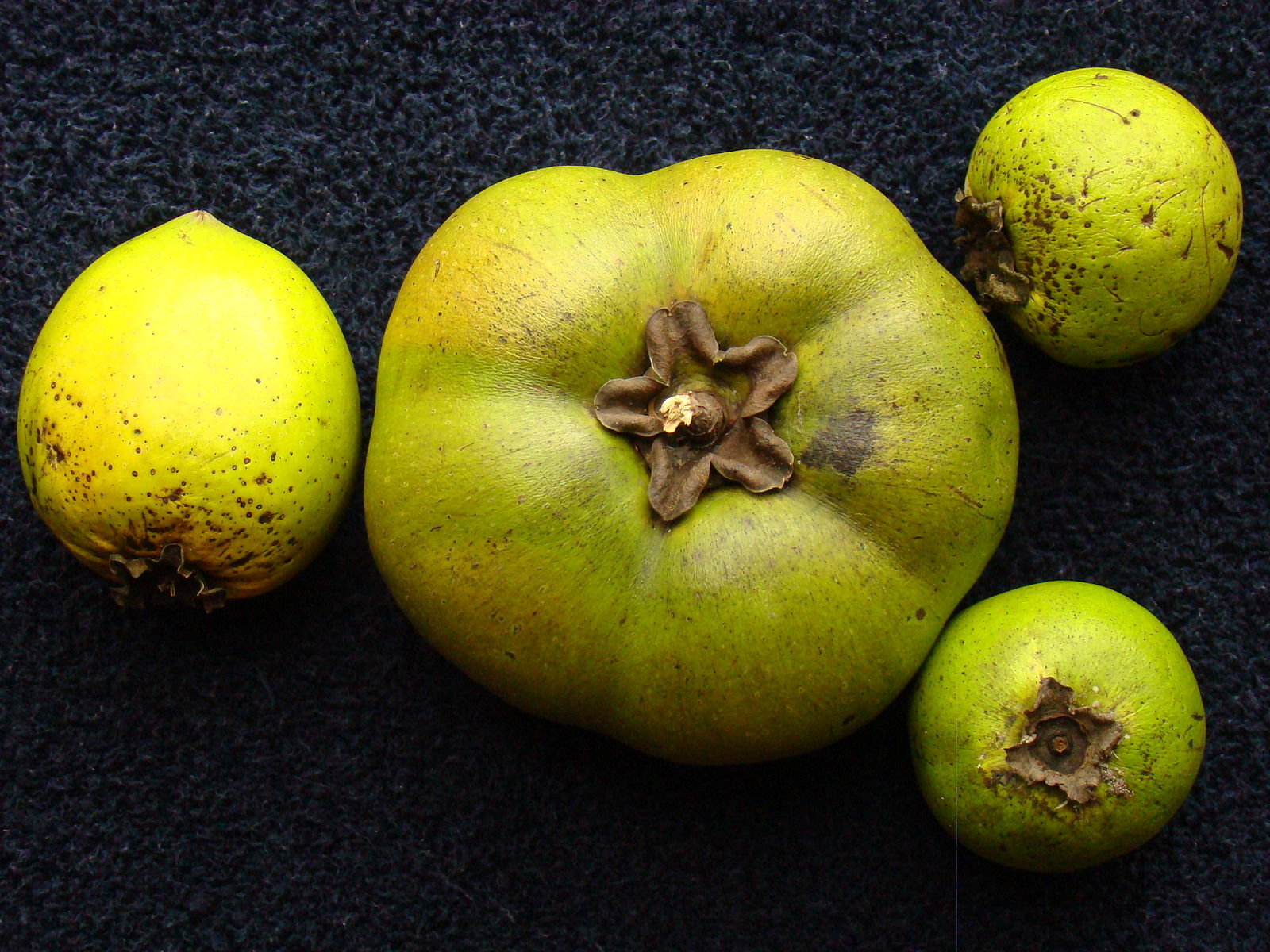Food is a universal language. Like music, it transcends continents and builds communities across generations. Growing up, my introduction to food and its many flavours was always met with a, “just try it” attitude. I can credit my multi-ethnic background that serves up some of the best food in the world. What I lack in culinary skills, I make up for in eating!
The 31-year-old Slow Food movement originating in Italy promotes the access of good, clean, and fair food for all. The grassroots organization has promoted local food cultures and traditions in over 160 countries, to counteract the rise of fast life. This has been done through a variety of campaigns such as the ‘Ark of Taste.’ Quite simply, The Ark of Taste is a living catalog of unique foods facing near extinction either through industrialization, climate change, migration or conflict. The hope is to keep them in production and effectively on our plates for years to come.
This time last year, I had the opportunity to travel to Tequila, Mexico staying at the beautiful Relais & Châteaux property, Solar de las Ánimas Hotel. Chef Eduardo Marín is the Executive Chef and F&B Director of Mundo Cuervo where he is in charge of the culinary programs at the hotel. Chef Marín is a true champion of the Slow Food Movement.
“My involvement with Slow Food began at Solar de las Ánimas Hotel, where we work to instill the sustainable food philosophy in our culinary program. Through different culinary events such as ‘The Wild Mushroom Festival’ or in meetings of local cooks organized at the hotel, we hope that family recipes do not disappear and that the ingredients and techniques are preserved.”
This month, Chef Marín will showcase the unique culinary properties of the green-skinned, sweet, black, pulpy fruit of the Zapote Negro (Black Sapote) as part of a Food For Change event. The Zapote Negro found itself on the Ark of Taste due to its short seasonality. Historically the fruit, from the persimmon family, has been grown by the Nahuan and Maya communities. Chef Marín shares his own memories and connection with the Zapote Negro, from seeing it in markets as a child, to now preparing it inspired by a dessert his mother used to make his family.
Across the pond, Oxford University scholar, Dr. Johnny Drain, echoes the importance of the Slow Food movement. “For me the best thing about the Slow Food philosophy is that it is simple and makes intuitive sense. Who doesn’t want to live in a world where everyone has access to food that is good for them? Where people can enjoy the food they eat? Where the production of food doesn’t damage other beings or the planet? Or where people who produce food are rewarded in a fair manner?”
Dr. Drain’s experience in the food industry is widespread. He has worked with SILO (the UK’s first zero-waste restaurant) in collaboration with Chef Douglas McMaster. He also set up the Cub Cave, an R&D lab creating exceptional ingredients with and for chefs and bartenders. In between, Dr. Drain has travelled the world sharing his knowledge through writing, editing MOLD Magazine and talking about global food systems and the future of food.
At present, like many people around the world, the pandemic has required Chef Marín and Dr. Drain’s to shift their mindset and workload. Chef Marín explains, “This pandemic has caused the culinary environment to reflect deeply on the vital role played by small suppliers who sell us organic vegetables and who raise animals. Some are modestly-sized companies, who’ve had less financial support during a crisis situation compared to the large international suppliers. Now, we as chefs must integrate them into the “play” and not have them as a complementary option to the rest of our suppliers, but rather a vital stream to our supply chain.”
“Unfortunately Cub won’t reopen post-lockdown—but I’m enthused by the fact that this work, and other people working in a similar way, seems to be spreading amongst the food world. My ambitions are to keep communicating the work we’ve been doing and helping to empower others to embrace ways of thinking about what they cook and eat that can lead to more of that ‘good, clean, fair’ in our food systems” says Dr. Drain.
Spanning opposite sides of the world, Chef Marín and Dr. Johnny Drain connect over the Slow Food Movement. Both have learned to cultivate a community that supports the love of food for the makers and eaters alike. For Chef Marín, “the change in mentality of a culinary profession begins in your own home” and for Dr. Drain, “we want to preserve the value and honour the time, energy, knowledge, passion and sometimes life that has gone into our food.” While gatherings may look different now, it’s heartwarming to know that there will be seats at their virtual table speaking the universal language of food to share, discuss, but most importantly, eat.


